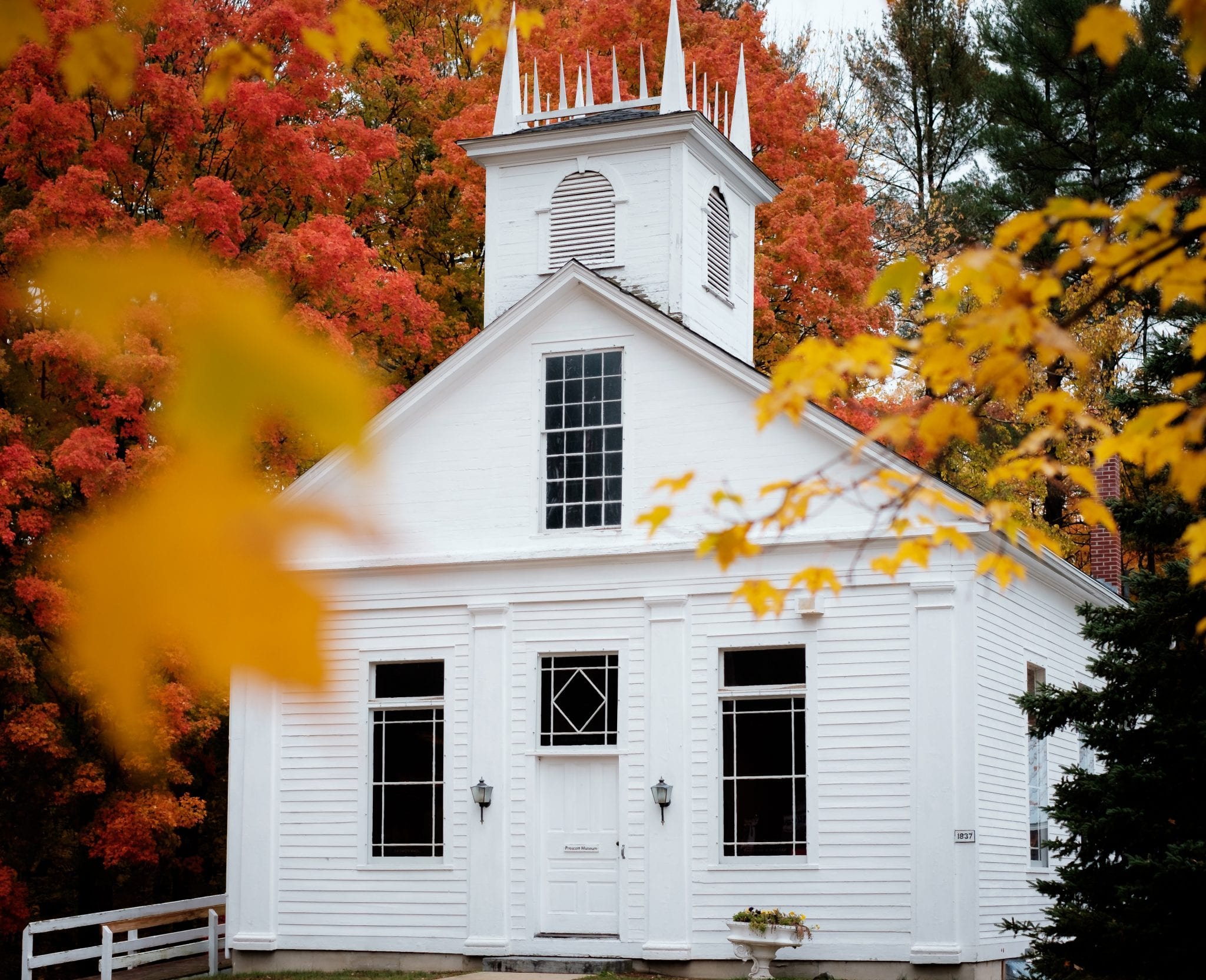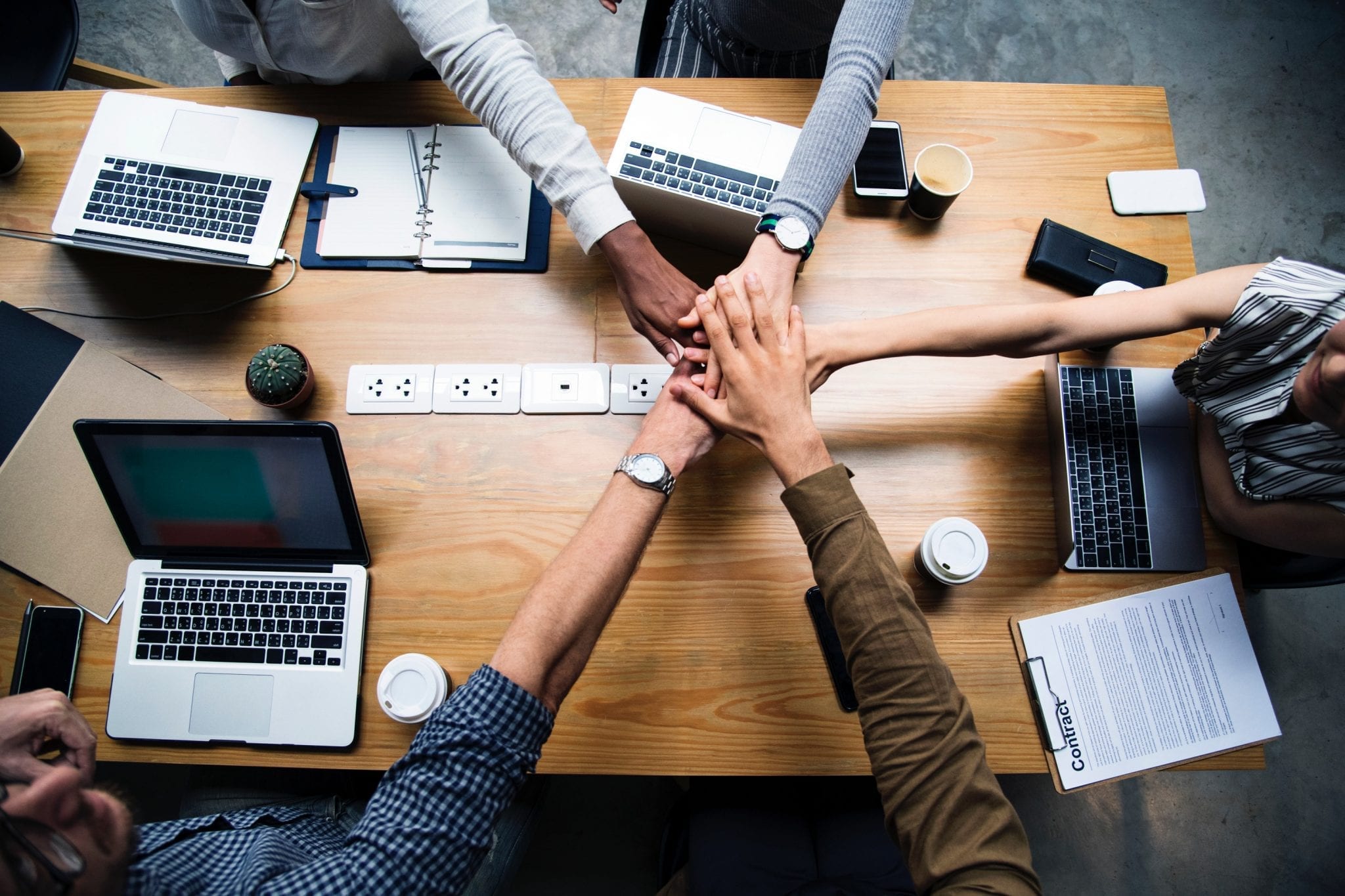On Episode 106 of The Edge of Innovation, Jacob Young is sharing some advice for someone starting a business or nonprofit organization.

Hacking the Future of Business!

On Episode 106 of The Edge of Innovation, Jacob Young is sharing some advice for someone starting a business or nonprofit organization.

On Episode 105 of The Edge of Innovation, we’re talking with Jacob Young identifying and measuring success in a non-profit organization.

On Episode 104 of The Edge of Innovation, we’re talking with Pastor Jacob Young about why he started a church in New England.

On Episode 82 of The Edge of Innovation, we’re talking with Alexander Lowry about ethics in the financial world and how Gordon College’s new MBA finance program is placing a special emphasis on ethical decision making.

On Episode 79 of The Edge of Innovation, we’re talking with business owner Dan Frasier, about entrepreneurship & how his company, Cornerstone Commissioning Inc., is more than just a business!